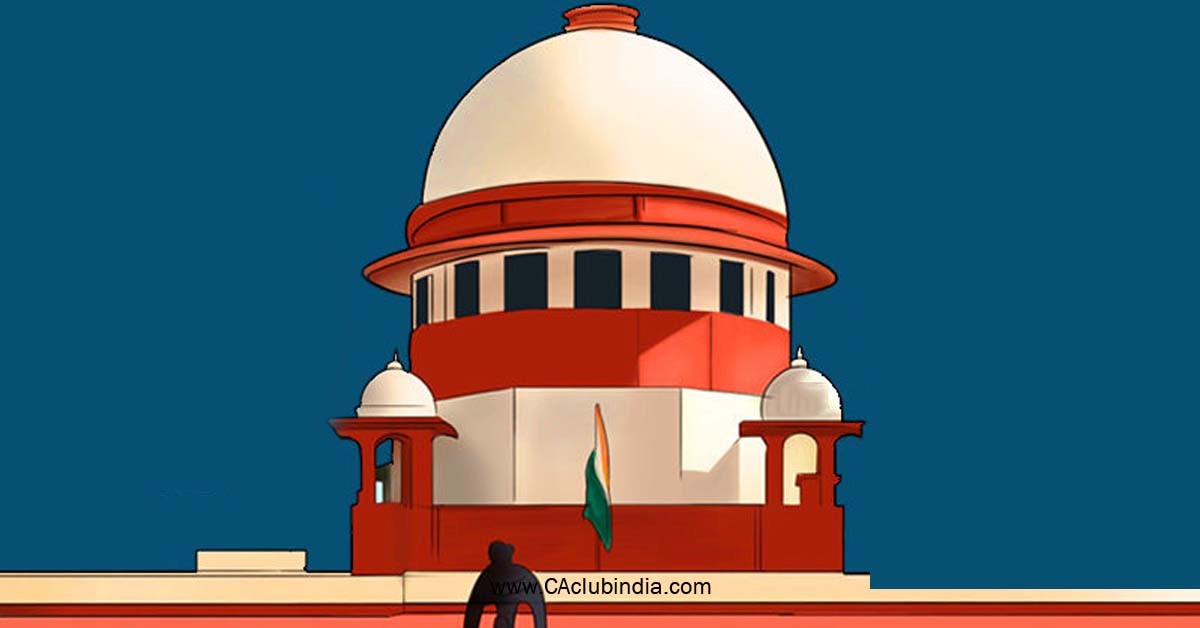In a landmark decision on Thursday, February 8, the Supreme Court of India made a significant ruling regarding the Chartered Accountants' (Procedure of Investigation of Professional and Other Misconduct and Conduct of Cases) Rules, 2007. The apex court dispelled a challenge to Rule 9(3)(b) of the 2007 Rules, which permits the Board of Discipline to refer a complaint for misconduct to the Disciplinary Committee, even if the Director (Discipline) believes the accused person or firm is not guilty.
A bench comprising Justices PS Narasimha and Aravind Kumar emphasized that the impugned rule aligns with the objectives laid out in the Chapter on 'Misconduct' under the Chartered Accountants' (Amendment) Act, 2006. The ruling came in response to an appeal against a Delhi High Court order dismissing a challenge to the said rule as ultra vires of the Act.

The case in question involved a member of a firm tasked with audit work for a bank, where suspicious transactions went unnoticed by the auditing firm. Despite the Director (Discipline) initially finding no evidence of misconduct by the appellant, the Board of Discipline decided to refer the matter to the Disciplinary Committee, triggering the legal challenge.
The appellant argued that the Board overstepped its authority by disregarding the Director's opinion and initiating further action. However, the Supreme Court concurred with the respondents' position, highlighting the need to prevent genuine complaints of professional misconduct from being dismissed prematurely.
In its verdict, the Court underscored the Act's objective of maintaining honesty, integrity, and professionalism in the chartered accountancy profession. It concluded that the impugned rule falls within the purview of the Act's provisions and the Central government's power to formulate rules for its effective implementation.
The ruling sets a precedent for the handling of misconduct complaints within the chartered accountancy sector, affirming the authority of the Disciplinary Committee to investigate allegations even in the absence of a prima facie case established by the Director (Discipline).
The case, titled Naresh Chandra Agrawal v. The Institute of Chartered Accountants of India and Others, marks a significant milestone in the interpretation of disciplinary procedures within the profession.
[Case Citation: 2024 LiveLaw (SC) 101]
Original copy of the judgment has been enclosed below





 CAclubindia
CAclubindia


